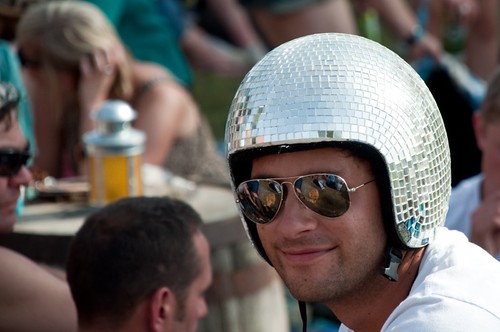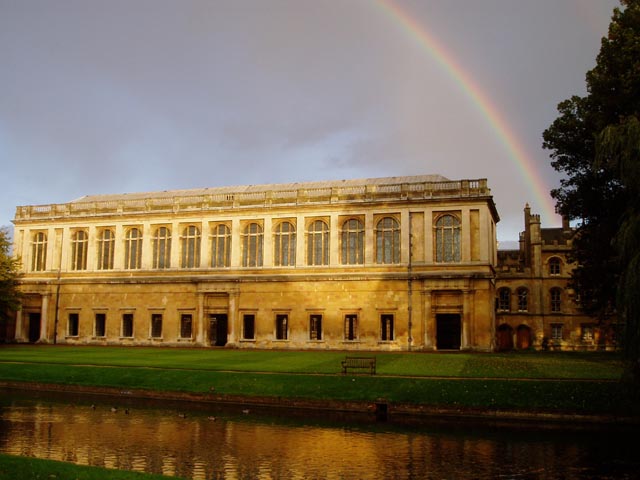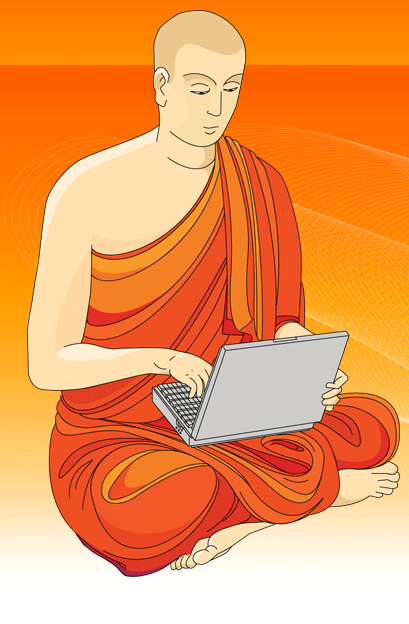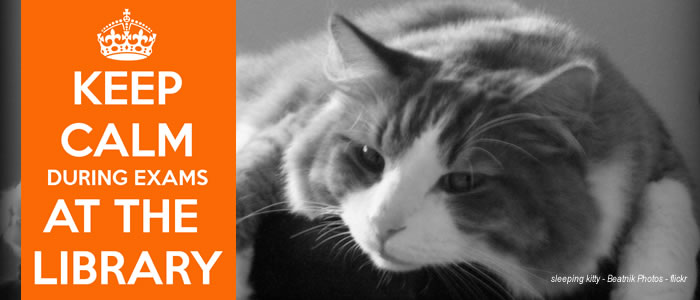Caveat: This is a brain dump post and it is very long. Read at your own risk, and also get a nice big cup of tea before you do.
On Wednesday (11/12/13 - I wrote the date on everything because it was fun) I job-shadowed Emma Coonan (
LibGoddess) of the Cambridge University Library and had a fantastic time doing so! I also attended her last class ever at Cambridge, Academic Reading and Writing for first year Engineering Ph.D. students, in order to get a sense of the kind of teaching librarians do, how to engage students with information literacy material etc. I'm writing this up as a way of keeping record as well as sharing my experience if anyone else is interested. Part 1 deals with the class and Part 2 deals with my general thoughts on the job shadowing experience, the conversations I had with Emma, and where I see my career going.
The class was held in the evening and was pretty well attended. It seemed like Emma had built up a rapport with the students in her previous sessions, which was very nice to see. I acted as a participant in the class because I thought I might get more out of it that way, but tried to also make some observational notes as we went along. In general, the class was mostly lecture style with slides signposting the main topics, along with two practical activities. I enjoyed the lecturing style as it was pretty casual and spontaneous in feel but still kept to the main points. Overall I noticed that Emma made a point of normalizing difficulty and confusion by pointing to examples of her own struggles and acknowledging differences in study style. It was good to hear that although there are certain practices that are more efficient than others, the strategy and style of research is up to the individual - there is no right or wrong way to study.
Emma began with a brief discussion of context - of why it's worth learning about academic reading and writing. There is an assumption in the UK that if you are at University you know how to read and write. Or perhaps that should be written as 'Read and Write', because there are many hidden expectations in academia and in the UK these are seldom made explicit to students. Two of the students in the class had been taught academic writing, in Austria and America, and Emma invited the group to chip in if they thought 'Hang on, that's not what my supervisor told me to do.' In a way, I was really hoping this would happen because it would have made for a very interesting discussion and it would be interesting to hear how teaching faculty in STEM disciplines handle research skills, but I suppose part of my brain was expecting them to have set a less-than-optimal example, which is a stereotype the members of the class quickly made me question.
She went on to explain that, 'Reading and writing are not separate in academia' - that reading is an active process and that writing is a form of thinking. I'm definitely finding that as I become a more self-reflective learner. I am a fervent note-taker when I'm reading, as I form my own ideas about the significant themes, evidence, etc. and I'm a huge fan of reflective writing as a way of establishing what you think, making sense of an experience and getting out the ideas bouncing around in your head. That being said, I'd never made that direct a connection between reading and writing, so it was a definite light-bulb moment.
At this point, Emma asked us to split into groups and discuss what we find challenging about academic reading and writing. In my group I think I was the only native English speaker and one of 4 women in a group of 5, so that was cool! They were a little reluctant to speak so I got the ball rolling, trying to give a very generic answer, though I realized after the fact that I probably set the tone for the kinds of responses the others gave. (Incidentally, I LOVED having this conversation. It was so cool to hear about the challenges STEM students face and their strategies for dealing with them. I had a really good time getting them to open up about some of their issues and listening to their ideas.) I could write an entire blog post about each of the points the groups came up with, but I'll just do bullet points for now.
Group 1:
- Technical jargon and reading in a language that isn't your mother tongue
- Figuring out what the main points of a paper are
- Deciding which author has the most valid argument (this was stated as 'which one is right' - I'm not sure if this shows a lack of epistemological depth or if this is actually a valid question in STEM. I think that's a very philosophical crux.)
- Structuring arguments (my trying-to-be-generic contribution)
- Writing with a particular audience in mind
Group 2:
- Staying on track, not following distractions
- Concentration in reading and writing
- Understanding whether a paper is relevant when you aren't familiar with the concepts
It was interesting how different the answers were. Emma brought these together by discussing the different levels of challenges in academic reading. First, there's the physical demand of getting through the volume of reading. Then there's the question of selectivity: WHAT to read. Finally, there's the analytical stage, determining what lines of argument/methodologies are most successful, etc.
With regards to the first level, Emma noted that you are not expected to read
everything, nor should you try. Instead, develop
strategic reading. This involves:
- Getting to the core of a paper's argument as quickly as possible (try to get to the point where you can explain its purpose or main bullet points after 5 minutes of reading)
- Assessing its value to your work (what can you get out of this? How good is it for your needs on a scale of 'meh' to 'Awesome!'?)
- Making better notes (captures your response to the author. I'm a pro at this. I have elaborate conversations with authors in my notes.)
- Skimming! Not just for lazy people anymore! (This helps you maintain a critical distance when you read a paper for the first time so you don't fall for sexy rhetoric. It's not just a time-saver.)
In practice, you do this by first focusing on the skeleton of the text, which is often made easier by academic writing conventions, for example abstracts, headings, figures etc. All of these will give you clues as to why the paper exists and whether it will have value to you. In STEM papers, often you can see all of the relevant material just by looking at the figures/tables. Finally, reading the first sentence of each paragraph will often give you a good idea of the flow of the argument.
I was glad to see that most of these were strategies I already follow, particularly in doing my lit review assignment for Northumbria, as writing about 10 articles on a given topic involves looking at a lot more than 10 articles. However, I did kind of want to speak up and say that if something does slip through this process that ends up being irrelevant, it isn't a wast of time if you consider why it is irrelevant and why it managed to escape your filters. At worst, this helps you focus your search strategy and it may even help you focus your research question.
At this point we did a strategic reading exercise. Emma handed out copies of an academic article (some students had brought their own) and she gave us 5 minutes to practice strategic reading. At the end of the 5 minutes we were all able to say very roughly what the articles were about. I'm pretty sure all of us used different tactics. I was probably the most prolific note-taker, but that's what print-outs are for! I noticed I was still using some strategies left over from the literature search for my lit review, as right after looking at the conclusion paragraph, my eyes went to the bibliography and noted with slight derision that they only cited a paltry three sources although they presented no original data. For shame! (Just kidding.)
This brought us to academic writing, because the conventions we'd just used to read strategically are the same conventions we're expected to use in academic writing. They are effectively hand-holding techniques to bring your readers along and tell them the WHAT, WHY and HOW of your paper in the clearest terms possible (see the handout linked below). This portion seemed a lot more extemporaneous, with a lot more examples from Emma's own experience as an academic, probably because the writing process differs so wildly between individuals. She observed that academic writing and research is half Project Management, half crazy creative mess, and you need to allow yourself both. I especially need to remember to allow myself the necessity to be creative and messy when writing for myself. There was also the fairly standard advice to Ph.D. students: start writing now, don't get hung up on the end product, etc.
Finally, we were given the chance to free-write for 8 minutes. I had forgotten how terrifying/fun that is. I do reflective writing from time to time for my own benefit, but it's fun to have the pressure of not being able to stop or edit, as I'm the sort who will spend 20 minutes re-writing the same sentence before I've finished writing the paragraph.
I left the class feeling I'd had a good mixture of reinforcing things I already knew and getting inspired by new ideas. It does make me want to do a Ph.D. at some point. If I ever do, I'm going to try the technique of reading my own writing using the strategic reading method to see if I sign-post as well as I should. I suspect I don't. I also found the tip of looking at the
Manchester Academic Phrase Bank for some non-copyright linking phrases to use when stuck VERY useful.
Next time: my random-ish thoughts on the shadowing experience, conversations I had with Emma and where I see my career going from here.
Emma's write-up on her class:
http://researchcentral.wordpress.com/2012/04/23/academic-reading-and-writing/
'How to read 10 books (or thereabout) in an hour' handout:
http://www.lib.cam.ac.uk/courses/Documentation/10_books_an_hour.pdf
'Academic writing survival guide' handout:
http://www.lib.cam.ac.uk/courses/Documentation/essay_writing.pdf












